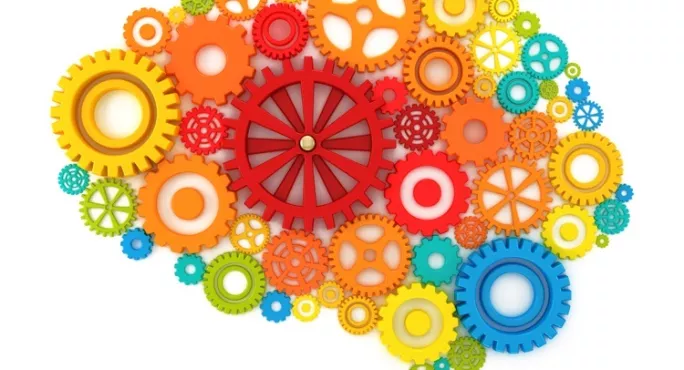Executive function is like an air-traffic controller, directing the focus of our brain, says Lucy Cragg, associate professor in the Faculty of Science at the University of Nottingham. This is what makes effective executive function crucial to how we learn.
“Some people liken it to an air-traffic control system or the conductor of an orchestra, where you are drawing on the resources of the brain and coordinating them towards the goal that you want to do,” explains Cragg.
Executive function, also known as cognitive control, is “the set of skills we use to control or adapt our behaviour”.
“For example in the classroom, a teacher might give a child a task. The child has got to keep that task goal in mind, they’ve got to ignore any distractions that are going on, either internally or externally, that might distract them from that goal, and they’ve also got to be flexible and adapt their behaviour.”
According to Cragg, executive function can be split into three subprocesses:
1. Working memory
This is the ability to “hold information in mind and do something with it in your head or hold it there in the face of distractions”.
2. Inhibition
This is the ability to ignore all forms of distraction, whether that is ignoring information in the environment or “suppressing responses or actions that are not appropriate in that situation”.
3. Flexibility
This is the ability to adapt and shift between different mental processes in the face of unforeseen circumstances. This means, for example, understanding that you need to try a different approach to solving a maths problem if the first method you try isn’t getting you anywhere.
For children who struggle in the classroom, poor cognitive control is likely to be a key factor, says Cragg.
“In any child that is struggling in the classroom, there is likely to be some element of an executive function problem,” she explains.
However, identifying interventions that can help students to improve their executive function has so far proved difficult.
“We know that these skills are really important in the classroom and for learning, but actually trying to pinpoint interventions that can work - there’s still a lot of work to be done.”
In the podcast, Cragg explains how further research can help and how increasing teachers’ understanding around cognitive control could be the best way forward for now.
“One approach is just generally increasing awareness and being aware of the executive function demands and working memory demands that there are in the classroom,” she says. “So when you are giving instructions, take those into account.”
You can listen for free by downloading the podcast from iTunes or listening below.
Elliot Douglas is a student at the University of St Andrews.




